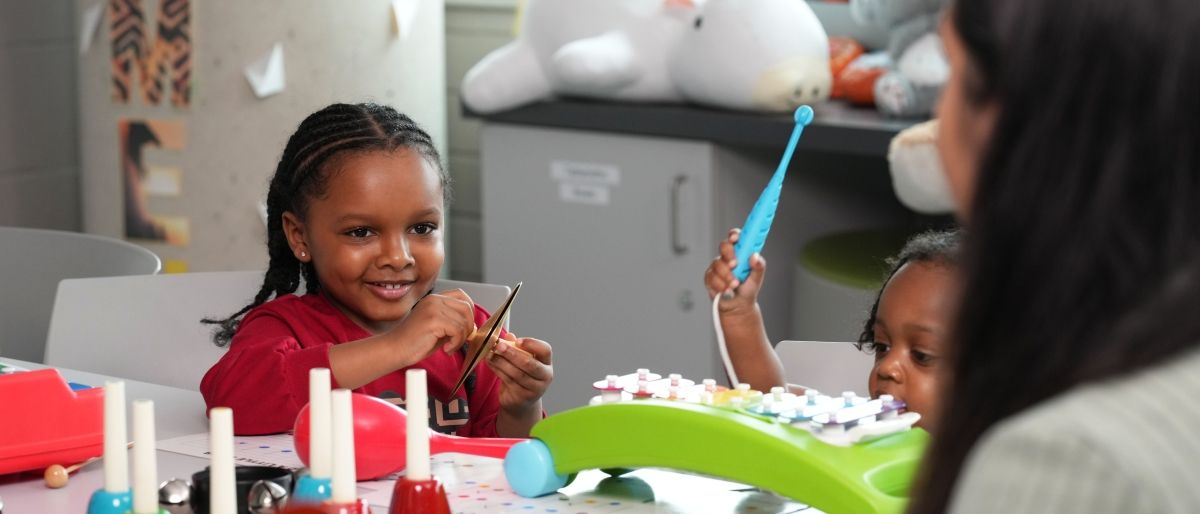Overview
Early childhood is the critical beginning of life's great potential. So, devoting your energy to the early development of the whole child means your impactful work will resonate for decades to come.
Create connection and love that support the child, strengthen the family, build the community and define a nation.
Go be the start of something big.
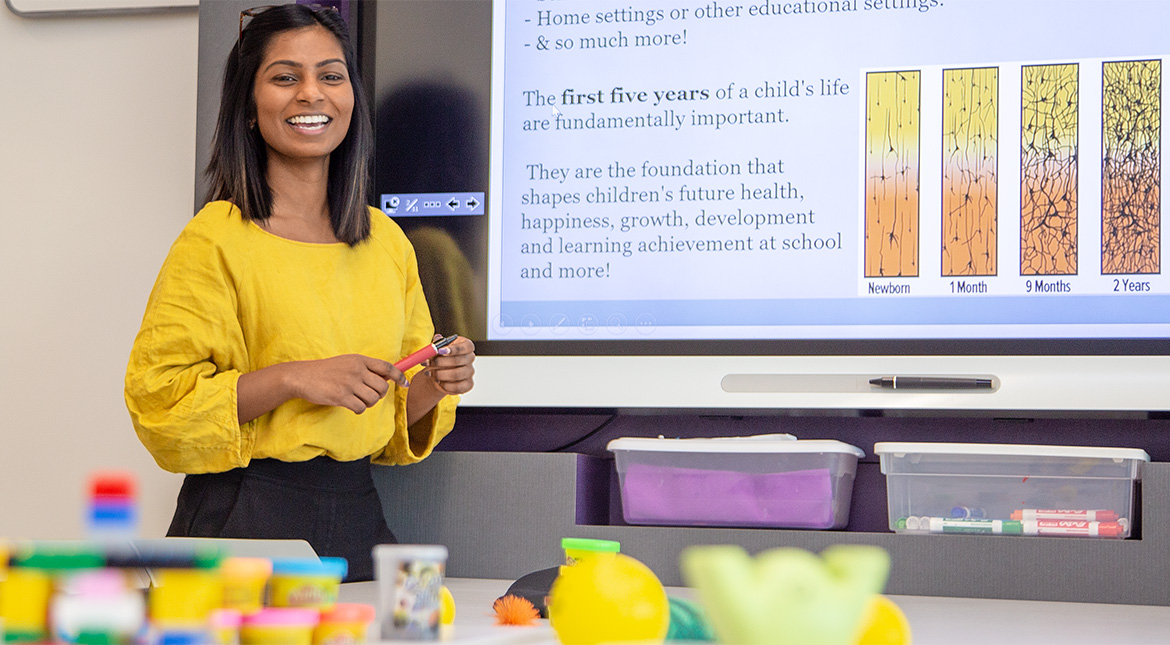
Earn 2 credentials
- Honours Bachelor of Applied Science in Early Childhood Studies
- Diploma in Early Childhood Education
Your degree is granted by the University of Guelph and diploma by Humber Polytechnic. You must complete all four years of study to receive the credentials.
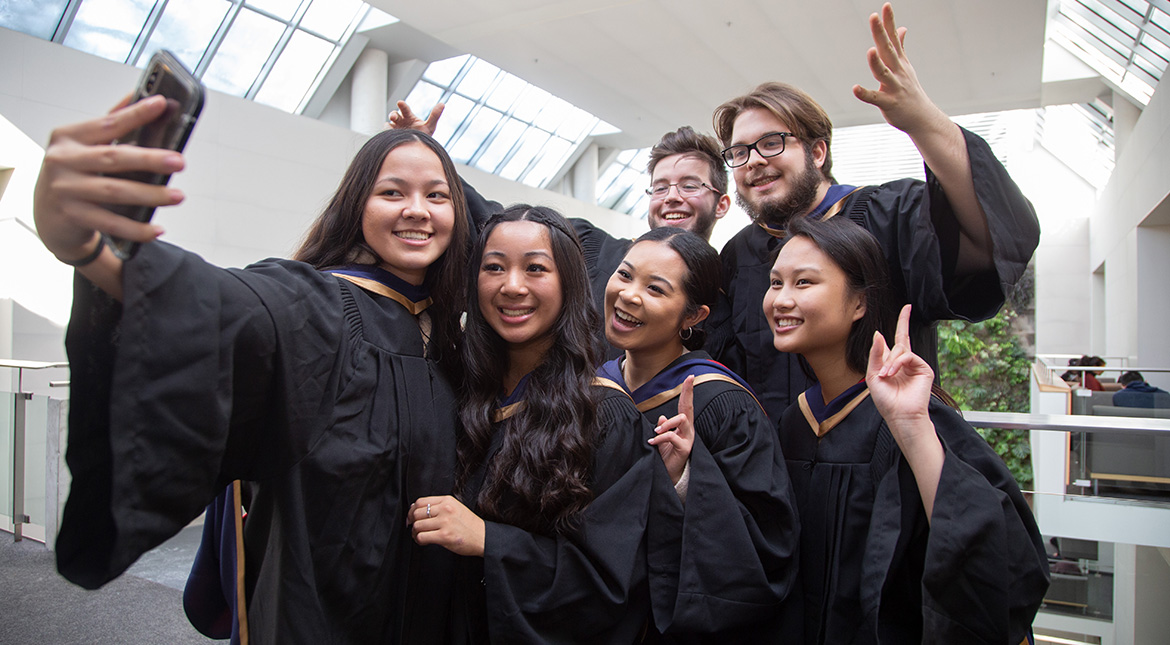
Learn & explore
- The full journey of a child's development — from before birth through the pivotal early years
- How environments and relationships influence growth and well-being
- To create inclusive spaces of belonging and support mental health
Specializations
In your third year, you have the option to focus your studies through one of three specializations.
Children's Futures (first in the world to offer this specialty)
- Anticipate and respond to the evolving needs of children through innovative, ethical, and future-focused strategies
- Courses: Ethics & Privacy with Children; Technology & Innovation; Designing for the Future
Infant & Child Mental Health
- Support the emotional and psychological well-being of children by understanding the complex factors that shape their mental health from infancy through early childhood
- Courses: Grief & Loss; Social Epigenetics; Developmental Neuroscience
Pathway to Child Life
- Prepare for a career as a Certified Child Life Specialist, completing the coursework required to gain expertise needed to support and empower children and families in pediatric healthcare environments
- Courses: Introduction to Child Life; Development in Adolescence; Grief & Loss
Gain experience each year and graduate with as many as 750+ hours of workplace experience.
Placement descriptions
- Year 2, Winter (144 hours): Experience an early learning and care setting.
- Year 3, Fall/Winter (288 hours): Participate in a placement related to inclusion and special needs.
- Year 4: In fall, select a placement tailored to your career goals (176 hours). In winter, complete an additional 176 hours of placement or apply to complete a research thesis.
Note: Students completing placement are required annually to complete a Vulnerable Sector Screening, health forms and be certified in First Aid/CPR - Level C Certification.
Past placement partners
- Children’s mental health centres
- Children's advocacy
- Community-based family organizations
- Early intervention and prevention programs
- Inclusive early learning and care centres
- Hospital child life units
- Primary school classrooms
- Therapeutic environments
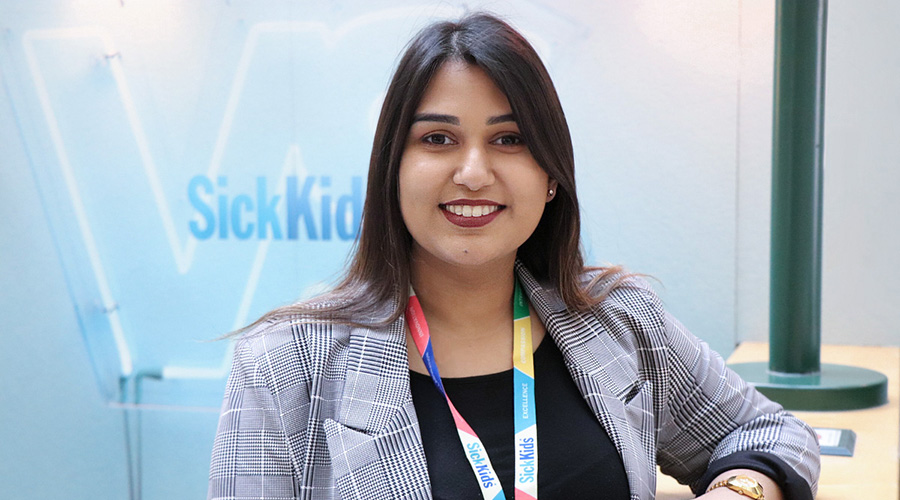
Early Childhood Studies Resource Room
Borrow from our extensive collection of educational and therapeutic materials and toys in the Early Childhood Studies Resource Room to enhance your placements.
Examples include:
- Paro the therapeutic seal pup (robot)
- Virtual reality headsets
- iPads with educational apps
- Fidget toys
Popular course: Mental Health & Trauma
- Infant & Toddler Development
- Children with Exceptionalities
- The Science of Play
- Assessment & Intervention
- Supporting Children's Voices
- Advocacy & Leadership
- Family Perspectives
Note: Courses listed above are a selection from all four years of the program. For a course breakdown, review the program overview.
Get to Know Us
Community outreach & leadership
Volunteer with your peers to support important social causes or community projects. Students have created art installations in honour of National Day for Truth and Reconciliation, raised funds for Holland Bloorview Kids Rehabilitation Hospital, served meals to families at Ronald McDonald House, and participated in campaigns for initiatives such as World Down Syndrome Day.
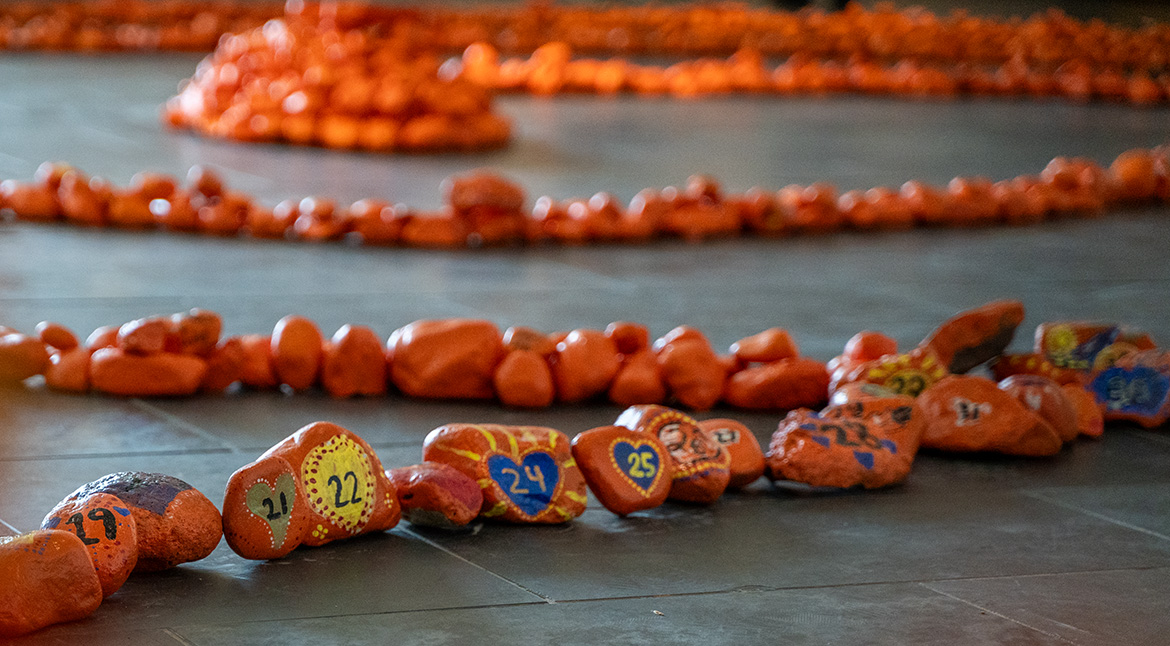
"
The supportive environment in this program fosters academic growth, lifelong friendships and professional networks.
Options include...
- Play Therapist
- Early Interventionist
- Occupational Therapist
- Resource Consultant
- Behaviour Therapist
- Registered Early Childhood Educator
- Child & Family Therapist
- Early Learning & Care Supervisor/Director/Owner
- Children’s Lawyer
- Research & Policy Analyst
- Advocacy Specialist
- Consultant
- Child Protection Specialist
Graduate school and further education
- Bachelor of Education (Teachers College)
- Master of Science in Speech-Language Pathology
- Master of Arts in Child Study & Education
- Master of Science in Child Life & Pediatric Psychosocial Care
- Master of Social Work
- Bachelor of Nursing
- Master of Arts in Immigration & Settlement Studies
- Master of Library & Information Science
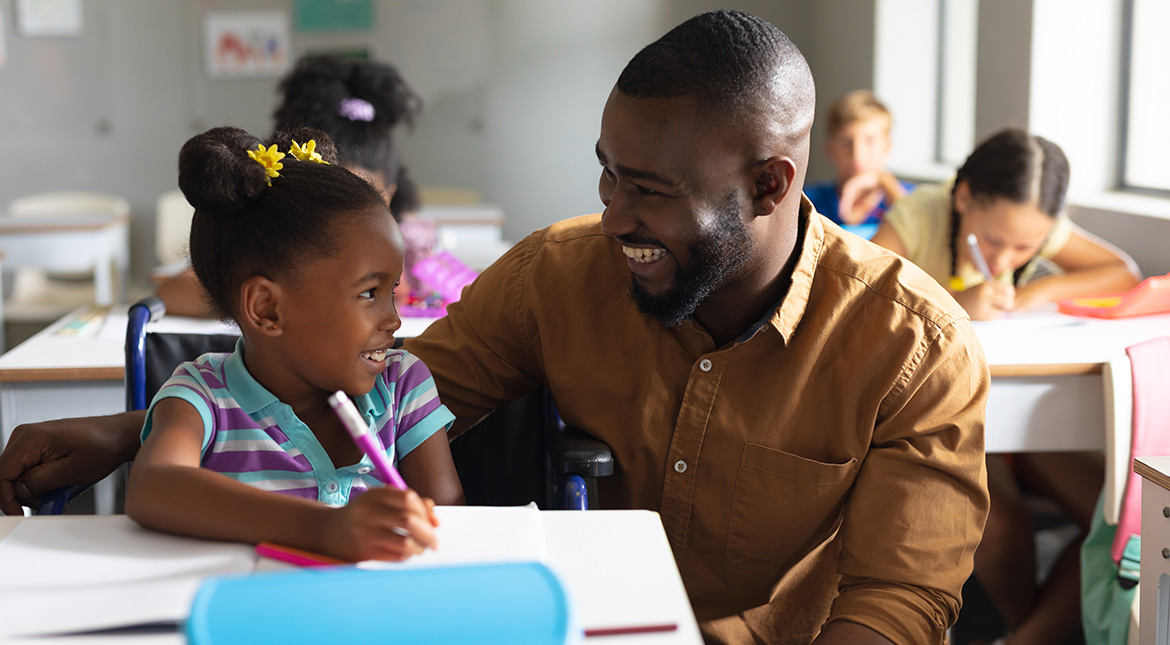
Note: Some careers and entry into further education may require additional study.
If you don't see your career goal listed here - talk to us! There are many more options.
Transitioning to university can be overwhelming, but we're here to support you every step of the way.
Check out the supports available to you. For more information on support services, visit our Student Experience page.
Instructors in the industry
You are taught by professionals currently working in their field. They will tell you what they’re experiencing in the workplace in real time.
Hands-on exploration
You will get hands-on experience through a variety of in-class activities and topics including:
- STEM with aspects of play and curriculum development
- Literacy – exploration of storytelling methodologies, the science behind the acquisition of literacy and pre-literacy skills
- Math – embracing the teaching of mathematical concepts through play and exploration
- Culture – exploring the values of play and how children play in Canada and throughout the world
- Music and movement – embracing music as a form of expression for children and discovering how to use movement in early learning settings
- Art – developing an appreciation of the communication that happens through children’s artistic expressions
- Sensory experiences – experiment with a wide variety of sensory experiences that can be used with infants and young children
- Technology – integrate ethical and effective technology use into curriculum programming
Interactive classroom
See first-hand how learning environments can support diversity and inclusion for children with a range of abilities when you use our interactive classroom full of SmartBoards, integrative learning technologies and kinesthetic learning modalities including AR/VR.
Safe spaces
Once you experience, it you’ll recognize it. U of GH creates a tremendous sense of safety through the support of the Chairs, Instructors and staff. Feel comfortable to share your voice and care for your mental health.


